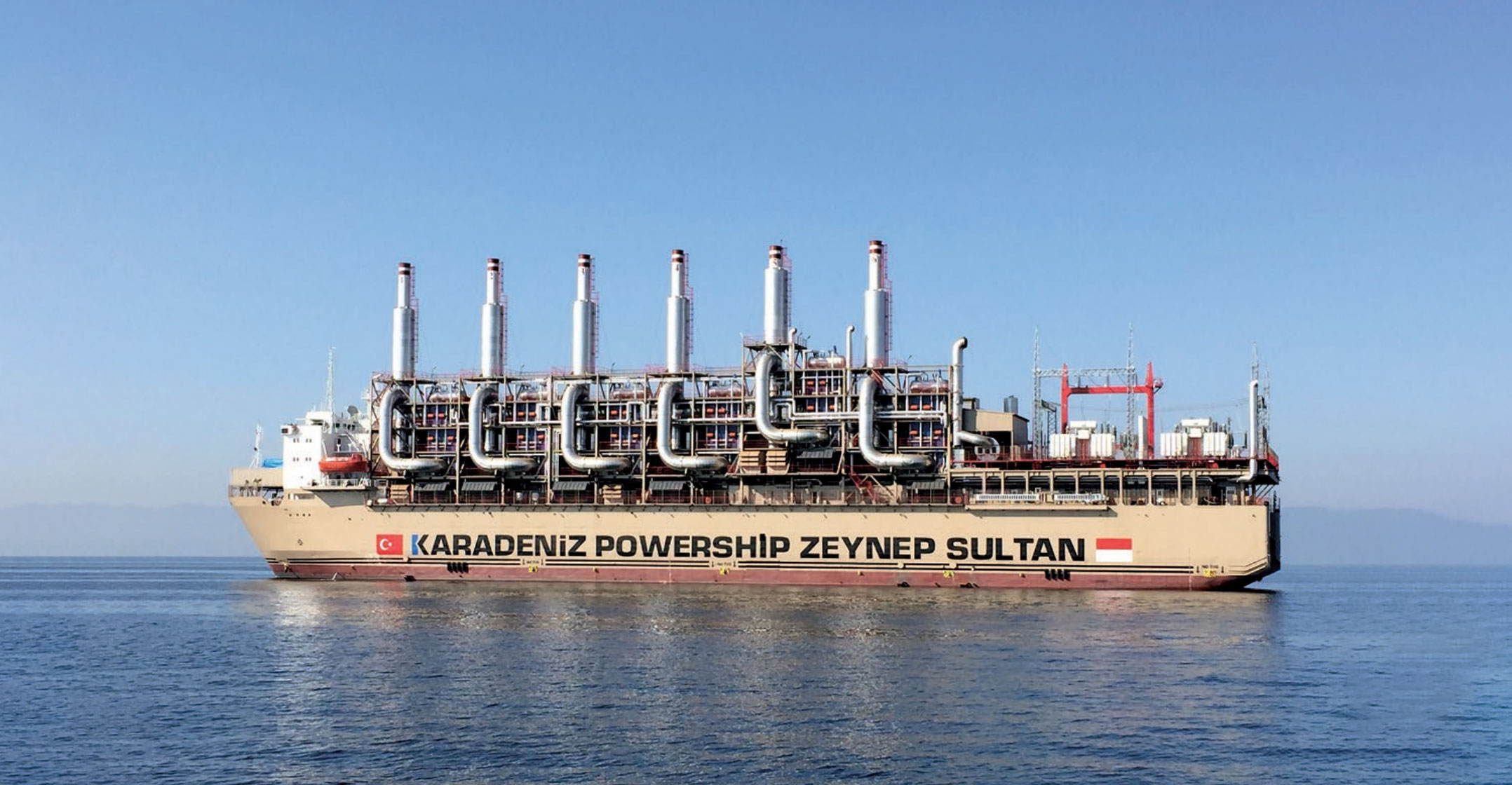 Absa, Investec and the Development Bank of Southern Africa indicated they could support a bid by a Turkish company to supply emergency power to South Africa, according to a person familiar with the situation.
Absa, Investec and the Development Bank of Southern Africa indicated they could support a bid by a Turkish company to supply emergency power to South Africa, according to a person familiar with the situation.
Conditional backing from the financial institutions, which has yet to be finalised and is dependent on undisclosed conditions being met, enabled Karpowership to offer to supply 1.GW of power from ship-based, gas-fired plants. The person spoke on condition of anonymity because the banks haven’t publicly disclosed their involvement.
The inclusion of Karpowership, a unit of the Karadeniz Energy Group, on the list of preferred suppliers has attracted criticism because it would lock the country into the use of a fossil fuel for two decades and was exempt from a requirement that would have boosted local manufacturing. South African banks are under pressure from their investors to cut funding to projects that could boost global warming.
“It did come past our investment committee,” Enoch Godongwana, chairman of the Development Bank, said in an interview on Monday. He said he didn’t know whether the state-owned development finance institution would support the project, but it wouldn’t take a “philosophical” approach and would fund it on its commercial merits.
Absa and Karpowership declined to comment.
Investec said while it has supported Karpowership projects outside South Africa, it couldn’t comment due to client confidentiality. Any funding “would need to go through the relevant procedures in terms of alignment with our fossil-fuel policy and all other required due diligence”, it said.
Interest
The World Bank’s International Finance Corp has also expressed interest in funding bidders in the South African tender for emergency power provision, including Karpowership.
The winners must conclude funding arrangements and all other regulatory and commercial requirements by the end of July for their contracts to come into force. Karpowership’s contract has been further imperilled by a legal challenge from DNG Energy that may be heard in mid-July at the earliest. — Reported by Antony Sguazzin, (c) 2021 Bloomberg LP




